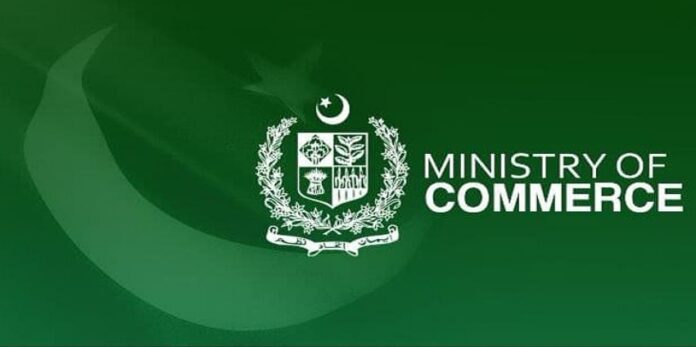ISLAMABAD: In a move towards modernizing its digital economy, Pakistan has launched extensive consultations to finalize the country’s next five-year e-commerce roadmap, the E-Commerce Policy 2025–30.
According to sources, the Ministry of Commerce has reached out to relevant ministries, regulators, and private sector stakeholders, seeking their feedback on the proposed draft. Once the consultation process concludes, the policy will be submitted to the Economic Coordination Committee (ECC) for approval.
The new policy serves as a strategic continuation and expansion of Pakistan’s first e-commerce policy, introduced in 2019. However, it is far more ambitious in both scope and vision. It responds to the global acceleration of digital commerce, particularly in the aftermath of the COVID-19 pandemic, which pushed governments and businesses worldwide to embrace e-commerce as a driver of growth, trade competitiveness, and job creation. With a youthful population, high mobile penetration, and expanding broadband infrastructure, Pakistan stands at the cusp of a digital transformation. The upcoming policy seeks to seize this opportunity.
Built on a lifecycle-based approach, the draft policy offers end-to-end support for e-commerce participants, from onboarding and digital payments to logistics, consumer trust, and cross-border trade. It addresses key bottlenecks that have long hindered sectoral growth, including system interoperability, fragmented regulations, weak consumer protection, and limited logistics capacity. At the same time, it leverages emerging opportunities fueled by mobile-first usage, fintech expansion, and the rapid rise of social commerce.
One of the standout features of the policy is the formal inclusion of youth aged 15 to 18 as active participants in the e-commerce ecosystem. By introducing age-appropriate compliance pathways and supervisory mechanisms, the policy aims to empower young entrepreneurs to build digital ventures, access formal markets, and contribute meaningfully to economic activity. This focus on youth inclusion reflects a broader strategy to ensure that women, micro and small businesses, and rural communities are also brought into the fold of Pakistan’s digital economy.
Institutional coordination is another key priority. The policy calls for a structured delivery mechanism anchored by the National E-Commerce Council (NeCC), Thematic Working Groups (TWGs), and a dedicated E-Commerce Secretariat. These bodies will oversee implementation, monitor progress in real time, and adapt the strategy to evolving market and technological trends.
Far from being a mere regulatory exercise, the E-Commerce Policy 2025–30 positions e-commerce as a central pillar of national development. It aims to remove barriers, foster innovation, and attract digital investment, creating an ecosystem where all Pakistanis have the tools and opportunities to participate in and benefit from the digital economy. The Ministry of Commerce hopes the policy will not only strengthen Pakistan’s domestic digital trade but also enhance its standing in the global digital marketplace.




